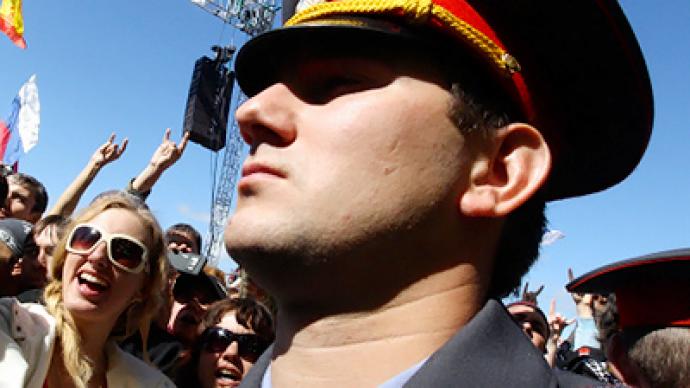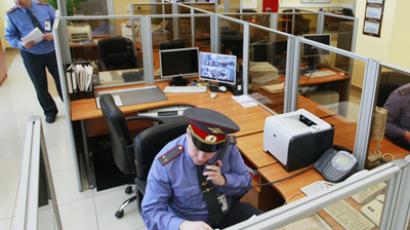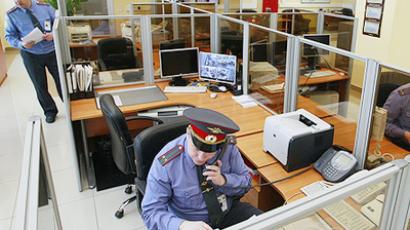Law on Police poses risk of increased corruption – expert report

The Presidential Human Rights Council has released the expert opinion on the efficiency of the anti-corruption Law on Police. Experts have found a number of loopholes that are likely to increase instances of bribery.
In the report, they mention at least 17 provisions that need to be amended or clarified. According to the Russian office of Transparency International, whose experts were involved in the report, there is an article devoted to the police’s right to take away citizens’ documents if they are thought to be fake. This provision does not outline the actual procedure for taking this action, nor does it determine on what criteria a police officer can determine if a document is fake. The article does not explain in which cases the documents are retained or in which cases they are returned. Another questionable issue concerns ID check for “suspicious individuals”. Again, the grounds and criteria for what constitutes a suspicious looking individual are not outlined in the law. Regarding the rights of citizens’ when being detained and the police officers corresponding powers, the relevant article does not make a distinction between administrative and criminal detentions. A major problem, authors of the report say, is that the legal status of policemen to a large extent is defined by classified subordinate acts or internal documents which remain outside of the public domain. Experts insist that without these acts, it would be difficult to discover whether or not some articles are actually likely to increase instances of corruption. The report was presented to President Dmitry Medvedev a day before its public release, during a session of the Human Rights Council in Nalchik in the republic of Kabardino-Balkaria. Elena Panfilova, The head of Transparency International in Russia, told him about experts’ concerns on the issue. The president responded that all necessary measures will be taken to improve the law. He said he will study the experts’ proposals.“I said that it is not a perfect law from the very start,” he noted. “It was adopted specifically to reform the Interior Ministry and police… I presume we will still find more provisions which do not work as we would like them to.”The Law on Police was enacted on March 1 of this year. It was initiated by president Medvedev and became the first ever piece of legislation open for nationwide discussion on the web. Apart from rebranding the militia as the police, it implies large-scale structural reforms, including significant staff cuts.














